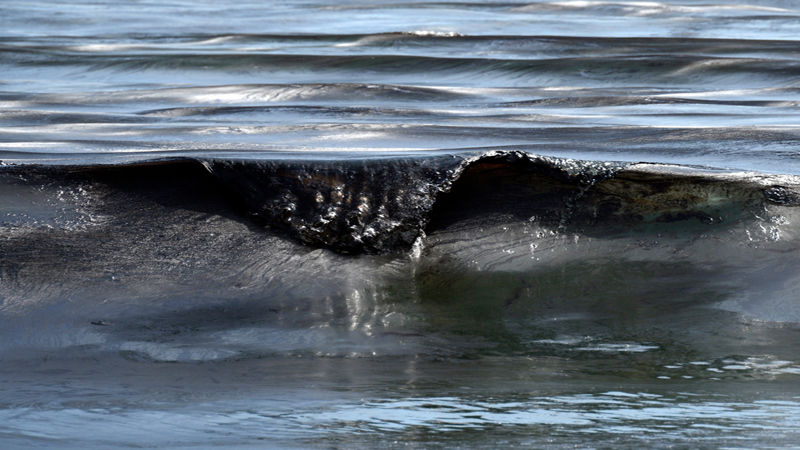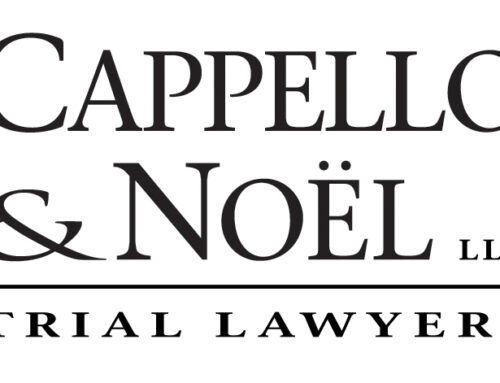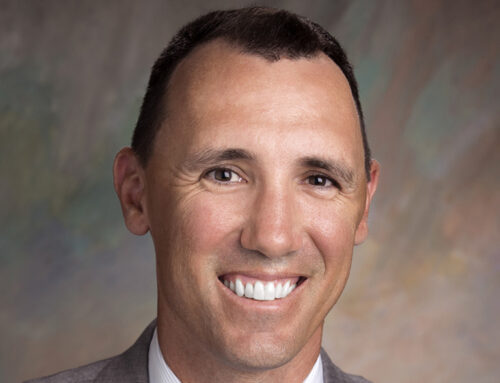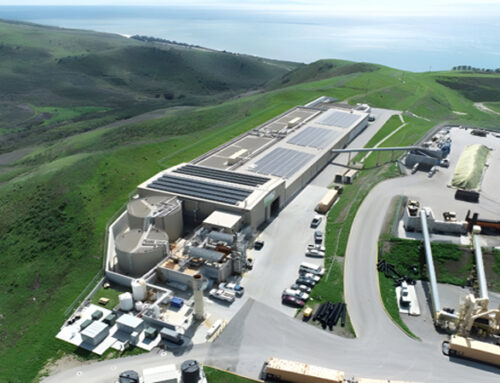Santa Barbara Independent –
The trials continue of Plains All American Pipeline, the Texas-based company that was found guilty in 2018 of releasing 3,400 barrels of oil into the Pacific Ocean near Refugio Beach in May 2015. Most recently in Judge James Herman’s courtroom, Plains brought a motion to strike some victims’ ability to pursue restitution. Blasting back with both barrels were Lawrence Conlan and Barry Cappello, the latter of whom explained the connection to the Union Oil spill of 1969.
Cappello was the City of Santa Barbara’s attorney at the time. He fought to make Union Oil pay for damage to the harbor and other city waterfront facilities that were coated by the crude that washed ashore. From the first hints in the late 1960s that oil rigs in the Santa Barbara Channel were planned, ocean-minded residents were up in arms to block the offshore drilling, and the blowout of Platform A was their worst nightmares come true. The resulting environmental devastation caused losses to tourism, damage to hotel and motel owners, private property owner damages, costs of cleanup, and a serious toll on marine life.
As Cappello noted in court on Friday morning, the nation’s first clean water, clean air, and tough environmental laws grew out of the 1969 Santa Barbara oil spill. And, as today, jobs were lost when the platform shut down and oil coated the seas.
Roughly 40 people in the courtroom nodded as the attorneys spoke, shifting uncomfortably in their seats as Cappello and Conlan recounted how platform workers and fishermen lost their sources of income as the oil from Refugio spread all the way to Los Angeles County. Conlan said he had at least 90 declarations from people who’d lost not only their jobs, but had to travel for new jobs, losing touch with their children as a result, or lost homes, spouses, and their dignity as they lived in homeless shelters — very few of them ever recovered the level of income they’d had before.
Plains attorney Gary Lincenberg, of Los Angeles law firm Bird Marella, iterated the arguments in his motion, stating the claimants were not allowed compensation under the rules cited. They could be compensated in ways other than the restitution procedure; class-action suits had been filed in federal court, he recounted, and individual civil suits were on file.
Judge Herman told the courtroom he was tentatively inclined to deny the motion to disallow the victims’ claims. In addition to the fishermen and platform workers, Cappello, who’s been a card-carrying member of Super Lawyers for 14 years, represents the landowner where the spill occurred in Gaviota, who claims two $38 million homes are unsold because of the pipeline’s notoriety. That claim and the others will be heard in a restitution hearing sometime after March 9, when the next status conference hearing setting will be held.
In 2018, a Santa Barbara Superior Court jury found Plains guilty of felony negligence in knowingly allowing Line 901 to deteriorate to the point of breaking on May 19, 2015. Last April, the corporation was fined $3.3 million, the largest fine Herman could impose on Plains, which had net income of $2.1 billion in 2019. At the time, the Santa Barbara District Attorney’s Office complained the sum would not rehabilitate an industrial offender like Plains. The question of restitution may change that picture.
Photo Credit: Paul Wellman




